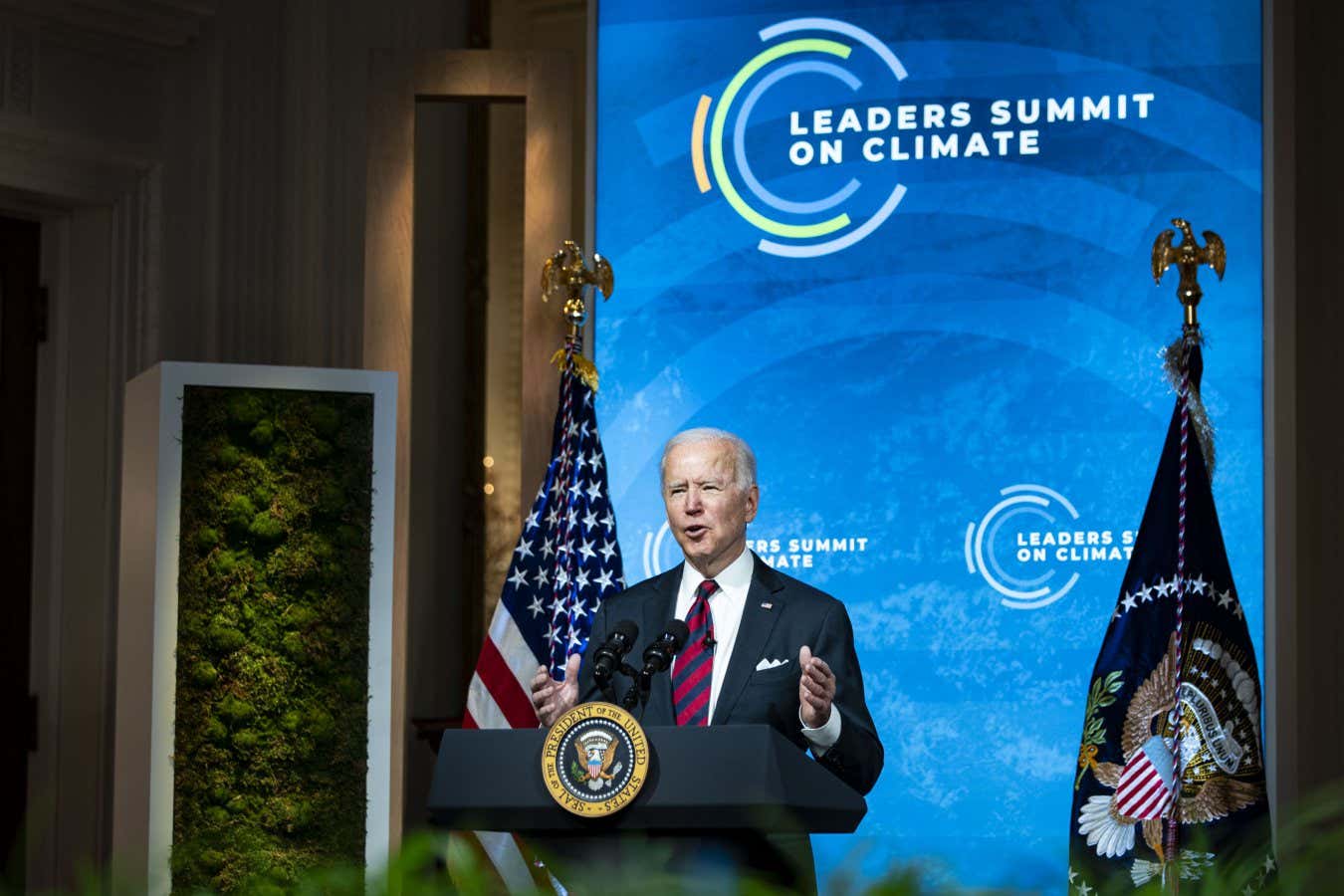New Scientist had been going downhill for years, but in 2021 it was purchased by the Daily Mail.
Thanks for informing
Ah, that explains the headline’s blatant negative spin (in stark contrast to some of the other coverage of the same study I saw posted in other Lemmy communities yesterday).
Yeah, I thought the headline was a little fishy.
Most are just window dressing, make the proles use paper straws so the capitalists can laugh at us while they fly to lunch on their private jets.
It’s useful to systematically compare the quantitative impact of policies across countries. However the headline does no credit to the analysis. What matters is the fraction of emissions that are reduced, not the fraction of policies. Probably just a few big policies in a few big countries make most of the difference. Many smaller developing countries were recently obliged (by Paris NDC process) to state some kind of policies, but they are still in an early stage of the learning by doing process - which is still valuable.
Yep.
It’s all smoke and mirrors for power brokers.
The biggest problem (after the power brokers), is that none of the proposed ideas can be proven to achieve the intended effect. Frankly I don’t think it’s possible, with a system this complex.
We can’t even make changes to software/computers and consistently predict the outcome, and these are systems built by man that are multiple orders of magnitude less complex and chaotic.
We aren’t going to make it. It’s too late.
If the most effective policies are price-based, then that’s a good sign for all the investment of the last few years paying off when green solutions are cheaper than the dirtier solutions.
EVs are starting to be cheaper than similar trim levels and features, especially when accounting for total cost of ownership. Now that EVs are hitting the used market in volume, it’ll just accelerate adoption, and we might start to see EVs run away with a permanent cost advantage.
Same with electric generation picking up a higher percentage in solar and wind, lots of developments in storage and demand shifting, especially price-based incentives there.
At that point, if consumers and corporations are as cost sensitive as this study suggests, we’ll be seeing lots of improvement over the next decade or two.
And show me the math that EV’s are a better solution.
Like a spreadsheet listing all the details.
Right off the bat, during charging, 20% of the energy is lost as heat (on average), and there’s a similar loss during use. So lots more electricity has to be generated to use a battery.
This is never discussed.
EV’s are a distraction from much larger consumers. One elephant in the room: shipping. We’re shipping food around the world - surely growing locally (especially in the US) makes a lot more sense. With greenhouses, lots of the country could have the 4 growing seasons of California, without the trucks going all over the place. Why am I getting grapes from Chile, surely even CA grapes would cost less to get to me? They still have to come to me on the same trucks from California. What bizarre legal framework makes Chilean grapes, shipped thousands of miles, more profitable for the power brokers (because that’s why it happens)?
Hell, anywhere east of the Mississippi could easily do this (I grew up around greenhouses there. Plenty of water and sunshine). Shit just grows on it’s own from Iowa to Manhatten, Boston to Disney World.
Just look at the container ships going back and forth to China every damn day. Again, surely it would make more sense to manufacture at least regionally, but again, power brokers have manipulated laws and regulations so they can increase their control by pushing manufacturing overseas to “developing” countries, with minimal safety and labor regs.
This feels so true at this point…



